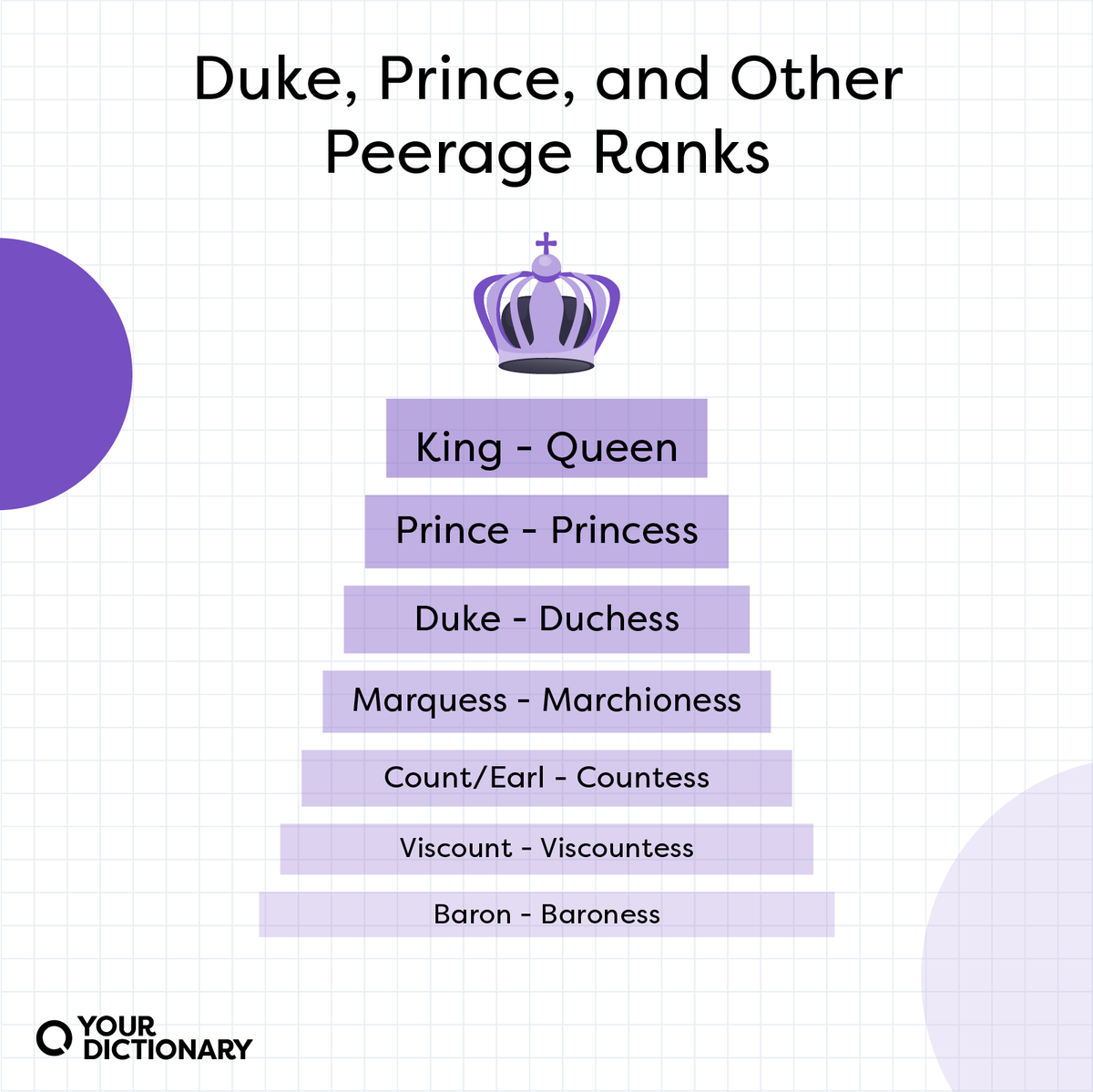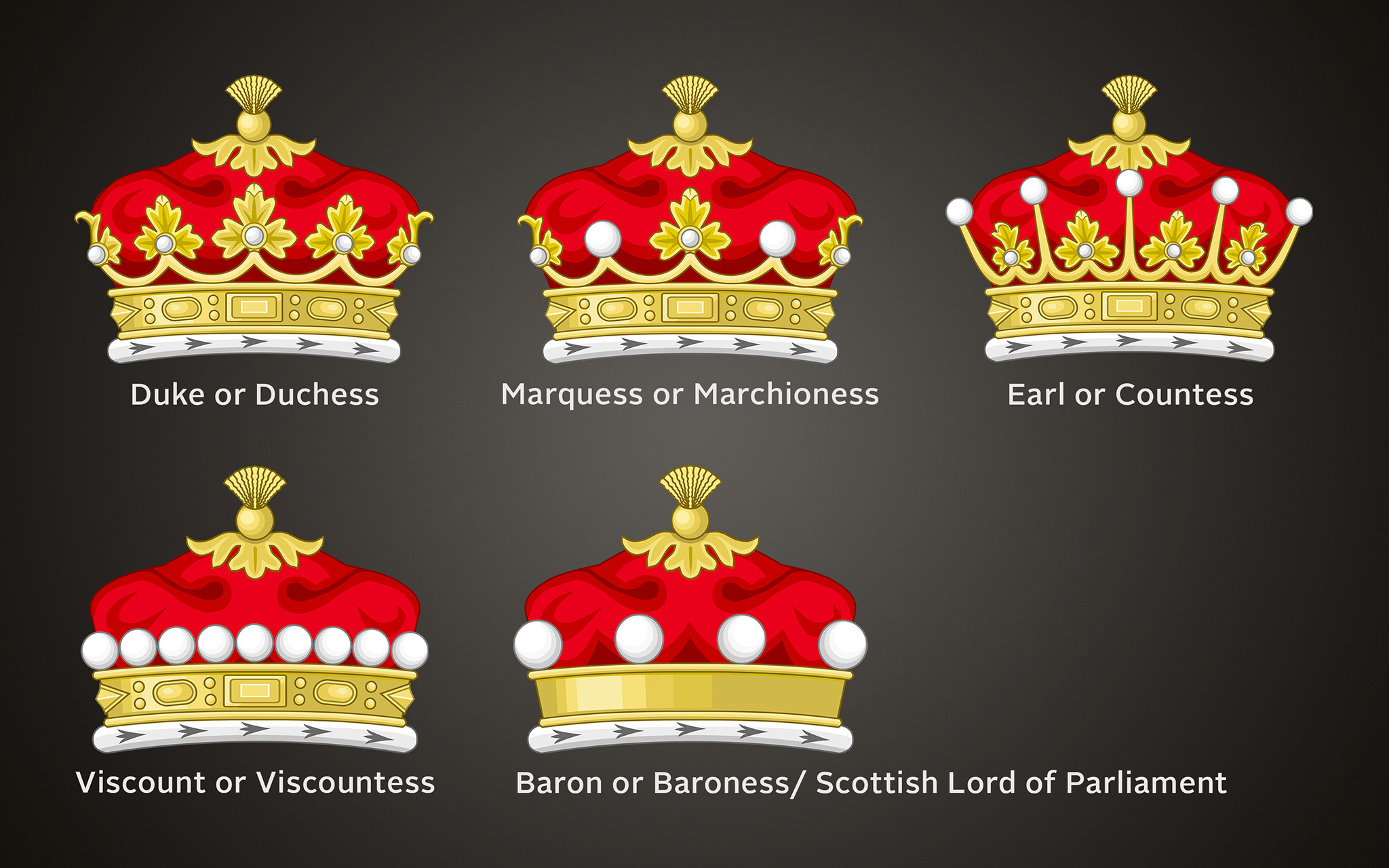Ever wondered about the pecking order in the British nobility? If you're scratching your head trying to figure out if an Earl is higher than a Duke, you're not alone. Titles like these can be a tad confusing, especially if you're new to the world of royalty. So, let's dive right in and unravel this royal mystery!
Picture this: you're at a fancy dinner party, and someone casually drops the term "Earl" or "Duke" into the conversation. You nod along, but inside, you're thinking, "Wait, which one's the boss?" Fear not, because by the time you finish this article, you'll be the go-to person for all things related to the British aristocracy.
Now, before we get into the nitty-gritty of earls and dukes, let's set the stage. The British peerage system is like a big ol' pyramid, with the monarch at the top and a bunch of titled folks below. Each title has its own rank, and understanding where they stand is key to navigating this world of lords and ladies. So, buckle up, because we're about to take a deep dive into the hierarchy of the British nobility!
- Diva Flawless Latest Videos Leaks What You Need To Know
- Anastasia Maria Loupis Facts About The Doctor Social Media Star
Understanding the British Peerage System
The British peerage system is no joke. It's a well-structured hierarchy that's been around for centuries. At the top, you've got the monarch, followed by a series of noble titles that decrease in rank as you go down the line. Think of it like a ladder, where each rung represents a different title. And guess what? Dukes and Earls are right there on that ladder, but they're not on the same rung.
What Exactly is a Duke?
A Duke, my friends, is the big cheese in the world of British nobility. They're the second-highest rank in the peerage system, just below the monarch. Dukes are often landowners with vast estates, and they've got a ton of influence in both social and political circles. Historically, Dukes were given their titles by the king or queen, often as a reward for loyalty or military service.
- Dukes hold significant power and influence.
- They often have large estates and titles passed down through generations.
- Examples include the Duke of Edinburgh and the Duke of Cambridge.
And What About an Earl?
An Earl, on the other hand, is a step down from a Duke. They're the third rank in the peerage system, coming after Dukes but above Viscounts. Earls have been around since the days of the Anglo-Saxons, and their titles are often tied to specific regions or counties. While they don't have as much clout as a Duke, Earls still wield considerable influence in their local areas.
- Earls are the third rank in the peerage system.
- They often represent specific regions or counties.
- Examples include the Earl of Wessex and the Earl of Snowdon.
Historical Context: The Origins of Titles
To truly understand the difference between a Duke and an Earl, we need to take a trip back in time. The origins of these titles are deeply rooted in history, with each one having its own unique story. Dukes, for instance, started off as military leaders in medieval Europe, while Earls were originally regional governors in Anglo-Saxon England.
The Evolution of Dukedoms
Dukedoms have evolved over the centuries, with their significance growing alongside the power of the monarchy. In the early days, Dukes were essentially the king's right-hand men, tasked with defending the realm and managing vast territories. As time went on, the title became more ceremonial, but it still carries a lot of weight in modern times.
The Role of Earls
Earls, meanwhile, have always been tied to specific regions. They were originally appointed by the king to govern particular areas, and their titles often reflect the names of those regions. Over the years, the role of Earls has shifted, but they remain an important part of the British peerage system.
Ranking the Titles: Duke vs Earl
Now, let's get to the heart of the matter: is an Earl higher than a Duke? The answer, my friends, is a resounding no. A Duke outranks an Earl in the peerage system, plain and simple. But don't feel too bad for the Earls; they still have plenty of prestige and influence in their own right.
Why Does Rank Matter?
Rank matters because it determines a person's place in society. In the world of British nobility, your title dictates everything from your social standing to your responsibilities. Dukes, being higher up the ladder, have more responsibilities and privileges than Earls, but that doesn't mean Earls don't have their own set of perks.
Examples in Modern Times
Take a look at some modern examples of Dukes and Earls, and you'll see the difference in rank. The Duke of Cambridge, for instance, has a much higher profile than the Earl of Wessex. That's not to say the Earl isn't important, but the Duke's position gives him more visibility and influence in both the UK and abroad.
How Titles Are Passed Down
One of the most fascinating aspects of the British peerage system is how titles are inherited. Most titles are passed down through the male line, although there are exceptions. This means that the son of a Duke is likely to become a Duke himself, while the son of an Earl will inherit the title of Earl.
Inheritance Rules
The rules of inheritance are strict, but they can vary depending on the specific title. Some titles can only be passed down to direct male descendants, while others allow for female heirs under certain circumstances. It's a complex system, but it ensures that titles remain within the family for generations.
Modern Challenges
In modern times, the system of inheritance has faced some challenges. With more women entering the workforce and achieving success in their own right, there's been a push to reform the rules to allow for equal inheritance rights. While progress has been slow, there's hope for change in the future.
The Social Impact of Titles
Titles like Duke and Earl aren't just about prestige; they also carry social implications. People with these titles often have a higher social standing, which can open doors in both business and politics. But with great power comes great responsibility, and holders of these titles are expected to act with dignity and grace.
Responsibilities of Title Holders
Being a Duke or an Earl isn't all champagne and caviar. These titles come with responsibilities, such as managing estates, participating in local governance, and supporting charitable causes. It's a balancing act between privilege and duty, and those who wear the crown must be prepared to carry the weight.
Modern Relevance
In today's world, the relevance of titles might seem questionable to some. However, they still hold sway in certain circles, particularly in the UK. Titles can open doors to exclusive events, provide networking opportunities, and even influence political decisions. While their power may not be as absolute as it once was, titles remain a symbol of status and influence.
Common Misconceptions About Titles
There are plenty of misconceptions about the British peerage system, and it's easy to get things wrong when you're not familiar with the rules. For instance, some people think that all Dukes are royalty, but that's not the case. While some Dukes are members of the royal family, many are not. Similarly, not all Earls have castles or vast estates, though some do.
Setting the Record Straight
Let's clear up a few common myths. First, not all Dukes are richer than Earls. Wealth depends on a variety of factors, including the size of their estates and their family's history. Second, titles aren't automatically passed down to the oldest child; there are rules and exceptions that govern inheritance. Finally, having a title doesn't automatically make you a member of the royal family, though some titles are closely tied to the monarchy.
Conclusion: The Final Verdict
So, is an Earl higher than a Duke? The answer is a firm no. Dukes outrank Earls in the British peerage system, and their titles carry more weight and influence. However, Earls still have their own unique place in the hierarchy and shouldn't be underestimated. Both titles are steeped in history and tradition, and they continue to play a role in modern society.
Now that you're armed with this knowledge, you'll be the life of the party at your next social gathering. Whether you're discussing the merits of dukedoms or the responsibilities of earldoms, you'll be able to hold your own in any conversation. And who knows? Maybe one day you'll even meet a Duke or an Earl yourself!
Before you go, why not leave a comment or share this article with your friends? Knowledge is power, and the more people understand the intricacies of the British peerage system, the better. And if you're hungry for more, check out our other articles on all things royal. Trust me, you won't be disappointed!
Table of Contents
- Understanding the British Peerage System
- What Exactly is a Duke?
- And What About an Earl?
- Historical Context: The Origins of Titles
- The Evolution of Dukedoms
- The Role of Earls
- Ranking the Titles: Duke vs Earl
- Why Does Rank Matter?
- Examples in Modern Times
- How Titles Are Passed Down
- Inheritance Rules
- Modern Challenges
- The Social Impact of Titles
- Responsibilities of Title Holders
- Modern Relevance
- Common Misconceptions About Titles
- Setting the Record Straight
- Conclusion: The Final Verdict
- Explore Please Refresh To Try Againaagmaal More Insights
- Explore Aagmaal Uncut Web Series Watch Free Online Now

